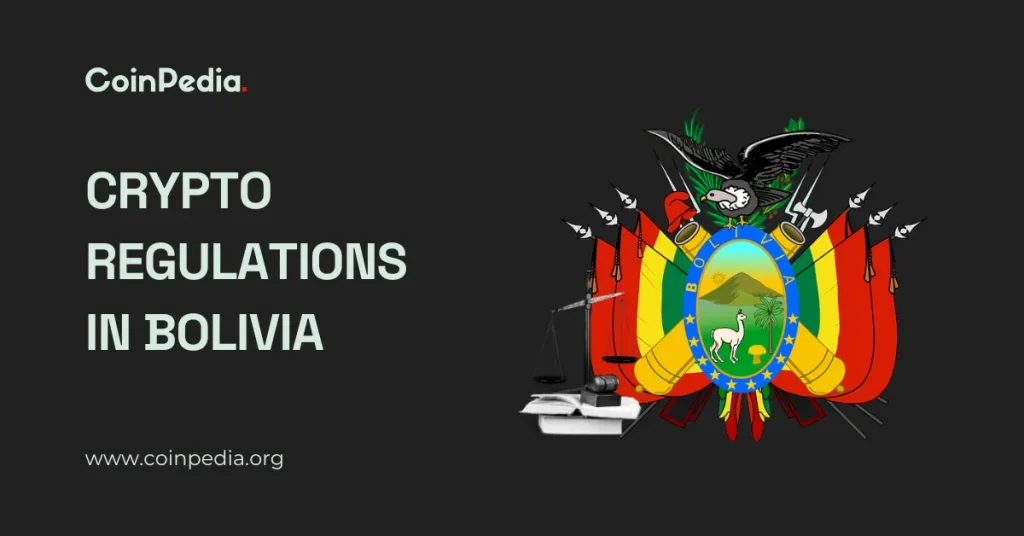Breaking: Bolivia Teams Up with El Salvador to Forge Game-Changing National Crypto Infrastructure
Two Latin American nations are rewriting the financial rulebook—with blockchain as their ink.
Bolivia just tapped Bitcoin-adopter El Salvador as its crypto sherpa, signaling a tectonic shift in emerging-market monetary strategy. No more waiting for Wall Street's crumbs—these countries are minting their own future.
The partnership aims to build regulatory rails for everything from Bitcoin mining to CBDCs. Salvadoran tech teams will reportedly train Bolivian officials, while La Paz provides the testing ground for scalable solutions.
Critics whisper about volatility risks, but both governments are betting crypto can do what IMF loans never could—create actual economic sovereignty. (Take that, dollar hegemony.)
One hedge fund manager sniffed: 'Next they’ll be paying government salaries in memecoins.' Jokes aside—this could spark a domino effect across Global South economies.

Cryptocurrency adoption in Bolivia is gaining speed, and it’s now getting international support. On Wednesday, Bolivia’s central bank signed a memorandum of understanding with El Salvador to support the growth of cryptoassets in the country.
With crypto usage rising fast and access to U.S. dollars tightening, this partnership could redefine how Bolivians interact with money.
Dive into the details below.
Bolivia and El Salvador Unite to Shape Crypto Framework
The Central Bank of Bolivia (BCB) and El Salvador’s Comisión Nacional de Activos Digitales (CNAD) will collaborate on building a legal and technical framework for digital assets. Their joint efforts will focus on blockchain intelligence, regulatory policy, and risk management. The agreement is open-ended and active immediately.
Signed in La Paz by BCB Acting President Edwin Rojas Ulo and CNAD President Juan Carlos Reyes García, the deal focuses on sharing best practices, regulatory expertise, and technical know-how.
Crypto Transactions Are Booming
This partnership comes at a time of rapid crypto growth in Bolivia. According to the BCB, crypto-related transactions ROSE from $46.5 million in June 2024 to $294 million by June 2025.
This massive growth came after the introduction of Decree No. 082/2024, which lifted previous restrictions and opened the door for wider use of cryptocurrencies in the country. The policy shift allowed banks and financial institutions to support transactions in Bitcoin and stablecoins.
El Salvador Brings Regulatory Experience
Bolivia notes that El Salvador’s CNAD has become a key player in the digital asset ecosystem globally, as it promotes innovation, security, and regulatory compliance in this sector.
Bolivia’s Central Bank also said that it is working to modernize the financial system and help more people access it by using new crypto-friendly policies.
Crypto Usage Surges Amid Dollar Shortage
Bolivia’s shift to crypto began in June 2024, when the government lifted its long-running ban on digital currencies and allowed banks to process transactions in bitcoin and stablecoins.
With the local currency losing value and U.S. dollars in short supply, more Bolivians are using crypto platforms like Binance and stablecoins like Tether. Monthly transactions hit a record $68 million in May 2025.
For many, digital money has become a more stable and accessible option.
Govt. Backed Crypto Payments in Action
In March this year, the state oil company, YPFB, was authorized to use crypto to pay for fuel imports, an urgent response to the country’s worsening shortage of U.S. dollars and rising import hurdles.
In Bolivia, real prices in shops are displayed in USD₮.
A quietly revolutionary shift: digital dollars are powering daily life, commerce, and economic stability. pic.twitter.com/dGP7I2ipxv
![]()
The country’s foreign exchange reserves have plummeted from $15 billion in 2014 to under $2 billion by the end of 2023. Some local shops have started pricing goods in Tether (USDT), which shows how digital assets are becoming a practical solution in everyday life amid the currency crisis.

